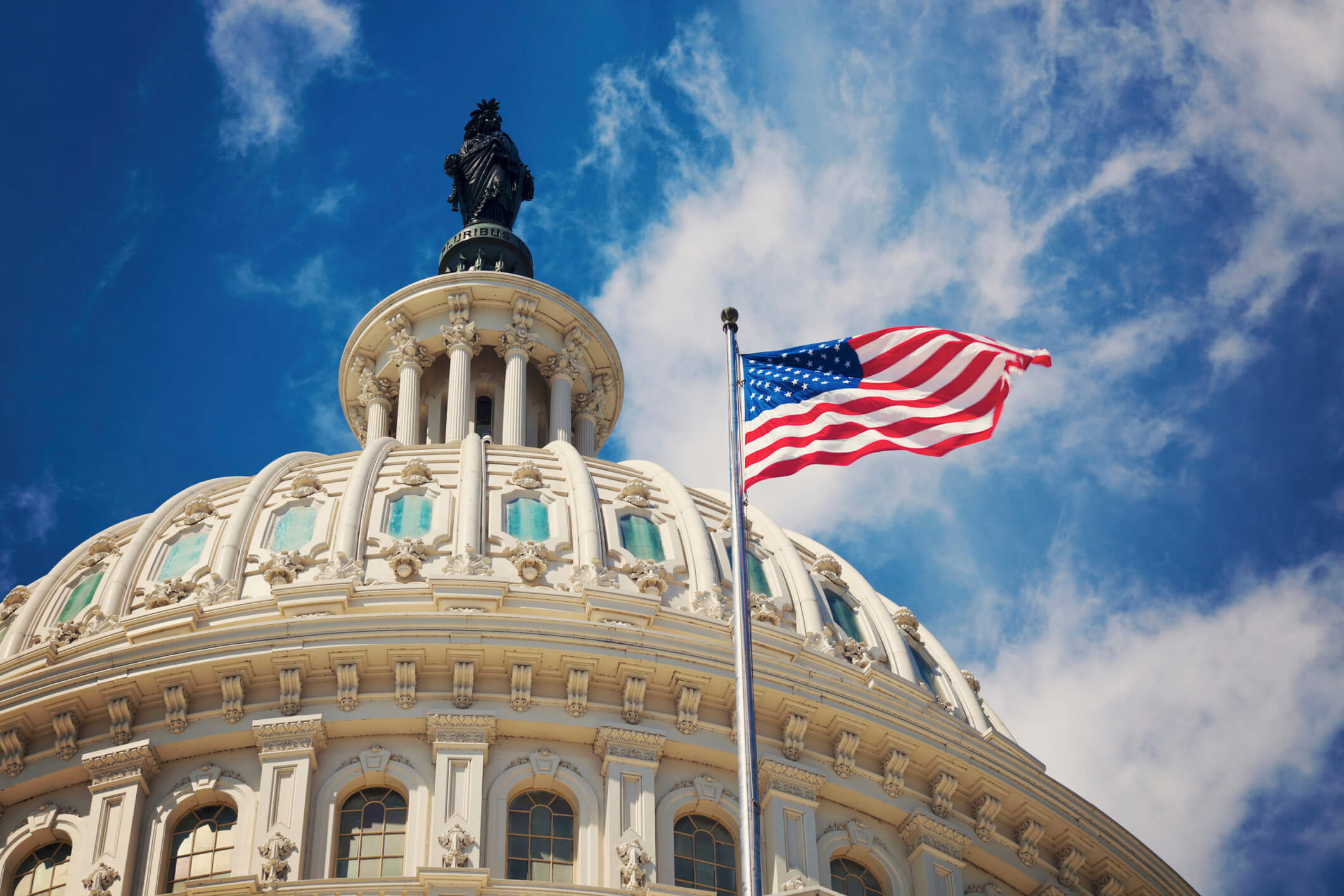Government Funding: Better Late Than Never? Although a comprehensive spending bill is about six months overdue, this week the U.S. Congress finally made substantive progress toward funding the federal government for the 2024 fiscal year. As of the time of the Buzz’s publication on March 8, 2024, the U.S. Senate was finalizing a six-bill, $467.5 billion legislative package to fund agencies such as the U.S. departments of Agriculture, Commerce, Energy, Interior, Justice, Transportation, and Veterans Affairs, among others. President Biden was expected to sign the legislation into law later in the day. A second group of six bills must be passed by March 22, 2024, to avoid a partial federal government shutdown. This second batch of funding measures includes the Labor, Health and Human Services, and Education bill, which funds the U.S. Department of Labor (DOL) and National Labor Relations Board (NLRB). This particular bill is always a bit contentious, and along those lines, a group of Democrats from the Congressional Labor Caucus has requested increased funding for the NLRB, as well as removal of long-standing language that prohibits the Board from using funds to establish an electronic voting process for union representation. So, while Congress got some funding issues squared away this week, we still have a ways to go.
House Committee Presses EEOC on DEI-Related Enforcement. On March 1, 2024, leading Republicans on the U.S. House of Representatives Committee on Oversight and Accountability sent a letter to U.S. Equal Employment Opportunity Commission (EEOC) Chair Charlotte Burrows seeking information and a briefing concerning the Commission’s enforcement practices “in light of concerns that some U.S. companies may be incorporating racially discriminatory policies into decisions related to recruiting, hiring, job assignments, and promotions.” Specifically, the letter requests “[a]ll documents and communications related to or referencing the Supreme Court’s decision in Students for Fair Admissions, Inc. v. President and Fellows of Harvard College.” Chair Burrows has stated that even after the Supreme Court of the United States’ June 2023 decision, “[i]t remains lawful for employers to implement diversity, equity, inclusion, and accessibility programs that seek to ensure workers of all backgrounds are afforded equal opportunity in the workplace.” Readers should check out our DEI Under Scrutiny blog series.
DOL’s Independent Contractor Rule to Go Into Effect? As of this writing, the DOL’s new independent contractor rule is scheduled to go into effect on Monday, March 11, 2024. Here is the latest on where things stand with regard to opposition on the eve of the rule’s becoming effective:
- The rule is subject to multiple legal challenges in different federal courts, but it is not known whether any of the judges in these cases will issue a decision before the rule becomes effective. As a reminder, the new rule, which was finalized on January 9, 2024, rescinds the Trump-era independent contractor regulation (which focused on an individual’s control over his or her work, and the individual’s opportunity for profit or loss) and replaces it with a complicated and potentially confusing “totality-of-the-circumstances analysis of the economic reality test” that will likely lead to more workers being classified as employees.
- On March 6, 2024, Senator Bill Cassidy (R-LA), and Representative Kevin Kiley (R-CA) introduced Congressional Review Act (CRA) resolutions in the Senate and House, respectively, to rescind the rule. Of course, even if Congress were to vote to rescind the rule (there are currently no Democratic sponsors of either resolution), President Biden is likely to veto the resolution.
NLRB’s Joint-Employer Rule to Take Effect? Pending a ruling by the judge in the Eastern District of Texas or further notice from the NLRB, the Board’s joint-employer rule becomes effective on March 11, 2024. According to a recent memo from NLRB General Counsel Jennifer Abruzzo, “[t]he Board is also planning to issue further guidance when the Final Rule becomes effective.”
DOL’s OT Rule Advances. On March 1, 2024, the DOL transmitted its final rule amending the Fair Labor Standards Act’s overtime regulation to the Office of Information and Regulatory Affairs. This action likely means that a final rule will be published in several weeks, which would be consistent with the April 2024 timeframe set forth in the most recent regulatory agenda. As proposed, the rule would increase the salary basis requirement for the exemption from minimum wage and overtime pay from $35,568 to $55,068 per year (a 55 percent increase), or perhaps even more, as the DOL has stated that the final rule “will use the most recent data available, which will change the dollar figures.” The proposal also includes a provision to automatically update the salary basis threshold every three years.
Hoop, There It Is. Congress might be shooting air balls when it comes to funding the federal government on time, but the members rebounded this week by drawing up a play to introduce a bicameral resolution (S. Res. 572) to honor University of Iowa point guard Caitlin Clark for becoming the all-time leading scorer in the history of National Collegiate Athletic Association Division I basketball. The resolution notes that because of Clark and her teammates, “women’s sports are being covered and talked about at the national level in the United States with the same fervor as men’s sports.” Of course, it was the Iowa congressional delegation that went hard in the paint for Clark, and they are undoubtedly hooping that the resolution will be a slam dunk.





